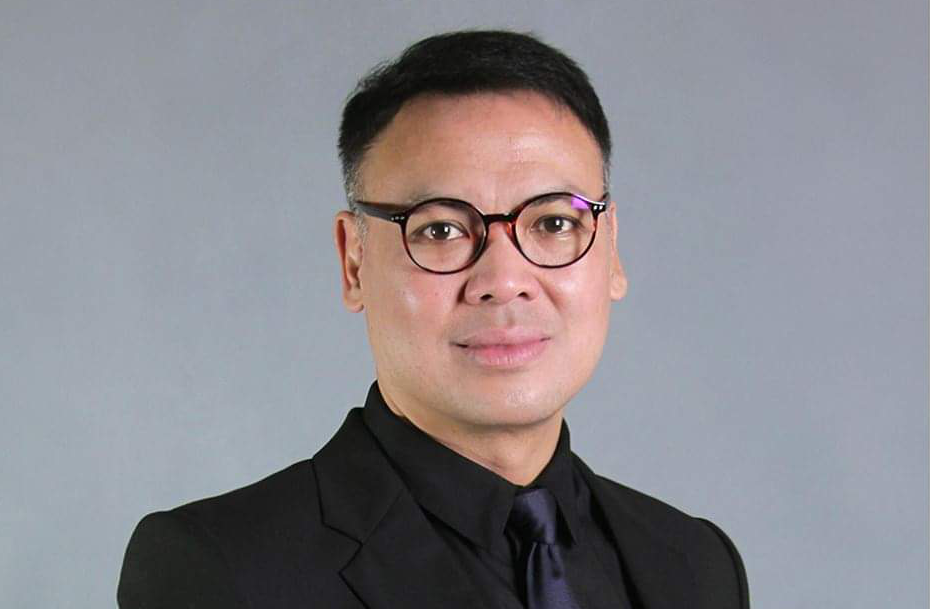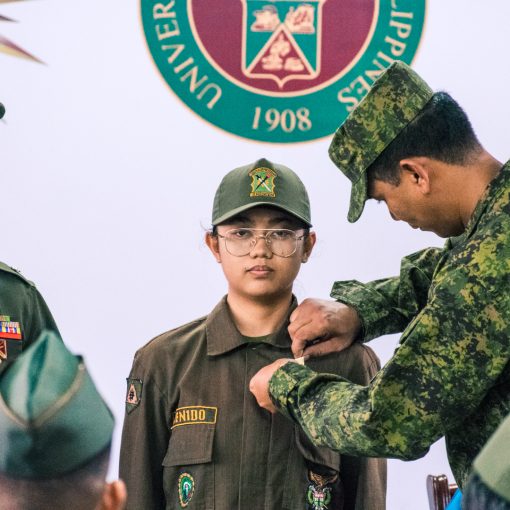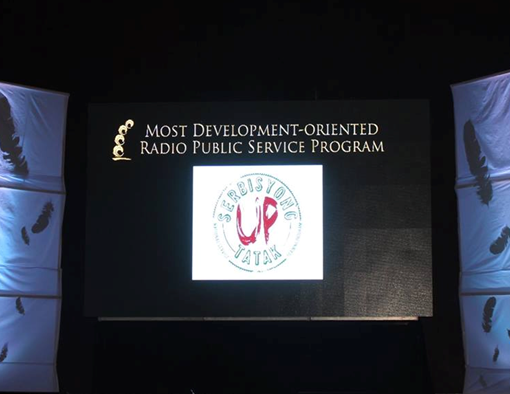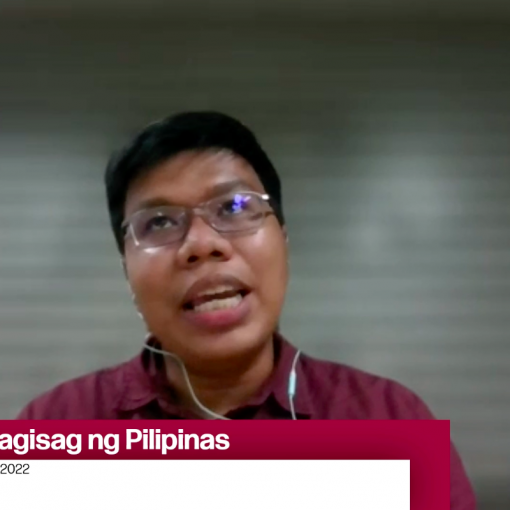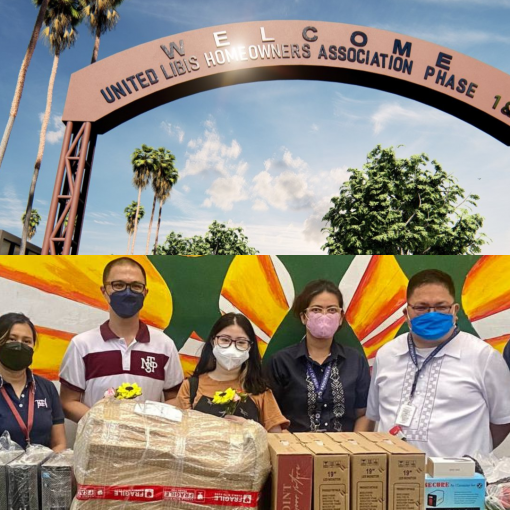Asst. Prof. Giovanni Francis Legaspi from the Asian Institute of Tourism decisively takes the wheel of the National Service Reserve Corps (NSRC) as it navigates through the complex challenges posed by a global health crisis that disrupts all spheres of human lives. Asst. Prof. Legaspi takes over the position from Assoc. Prof. Jonalou Labor of the UP College of Mass Communication. Labor is now the OIC Director of the NSTP Diliman Office.
Let us know more about the organization’s new Deputy Director as he seeks for creative strategies in carrying out the organization’s mandate in a virtual setting and strengthening the skills of the stakeholders through digital channels.
NSRC’s mandate of strengthening the spirit of volunteerism and civic virtue among UP students urged Asst. Prof. Legaspi to accept the position as the new Deputy Director for NSRC, which, according to him, is a privilege. The NSRC, despite being in its infancy in terms of operationalization in the University, is seen by Asst. Prof. Legaspi or Sir Vanni, as a means to strengthen youth volunteerism. The organization shall also play a vital role in establishing a strong sense of civic engagement among students through recognizing that the UP values of ‘honor and excellence’ should manifest beyond academics. He also carries with him the desire to reinforce the identity of the ‘Iskolar ng Bayan’ as someone who possesses a commitment to social causes that promote equality and inclusivity through public and volunteer service as embedded in the UP charter of 2008.
As he serves under the NSTP Office, Sir Vanni brings with him various learnings he has imbibed from years of experience in the industry of tourism and industrial relations. The Deputy Director shared that having worked with international airlines for more than 15 years emphasized the importance of service excellence being a top priority at all times. Travelling and meeting people broadened his understanding of genuine service through various interactions that increased his sense of commitment to delivering service above and beyond expectations. Such mentality serves as a strong foundation for Asst. Prof. Legaspi to lead the NSRC and continue its mandate to help the students, the University and foremost, the community, especially now when the world is at its worst.
As an advocate of social justice and just leadership, the Deputy Director believes that “we are born in a democratic country however most people do not work in a democratic organization (Zigarmi, 2008).” He further relayed that each individual must exercise respect, trust, and inclusivity in everything that we say and do. Sensitivity must be employed in the discernment of how judgement and authority are exercised. Asst. Prof. Legaspi also expressed his views on leadership which he believes is not attained simply as an inherent power. According to him, “it is not by authority, title and educational attainment that one becomes a great leader. It is how you affect positive change to others that defines great leadership.” He also quoted John Quicy Adams’ words: “If your actions inspire others to dream more, learn more, do more and become more, you are a leader.”
For Sir Vanni, finding advocacy to which one could dedicate him/herself to is similar to finding one’s purpose in life. Admittedly finding it, more so fulfilling it, is not an easy task. However, once clearly defined, it will be able to put depth and meaningful purpose as to why we do things. The Deputy Director finds use as an educator in helping find resources for students to learn and become co-creators of knowledge. He said that often, educators integrate dimensions of their advocacy to allow students to develop critical thinking, make informed decisions, create new awareness, and reinvent themselves, resulting in better-educated students.
The UP Charter of 2008 (RA 9500) serves as a guiding framework for Sir Vanni in formulating improvement plans on volunteer initiatives on the campus. Under the said law, the University is mandated to perform its ‘unique and distinctive leadership in higher education and development’. Part of which is to “Lead as a public service university by providing various forms of community, public and volunteer service, as well as scholarly and technical assistance to the government, the private sector, and civil society while maintaining its standards of excellence.” Cultivating a mindset of volunteerism even beyond NSTP is seen as among the means for increased participation among stakeholders in NSRC-led initiatives. To achieve this, Asst. Prof. Legaspi suggests that volunteer work aligned with NSRC’s thrust should be embedded in activities and programs of organizations in the University. He hopes that this will motivate the UP community to have a stronger sense of ownership in civic engagements within and even outside the University. To encourage everyone to take action when the need arises, Asst. Prof. Legaspi is planning on institutionalizing a university-wide recognition of community, public, and volunteer service.
by Vianne Grace C. Delfinado

